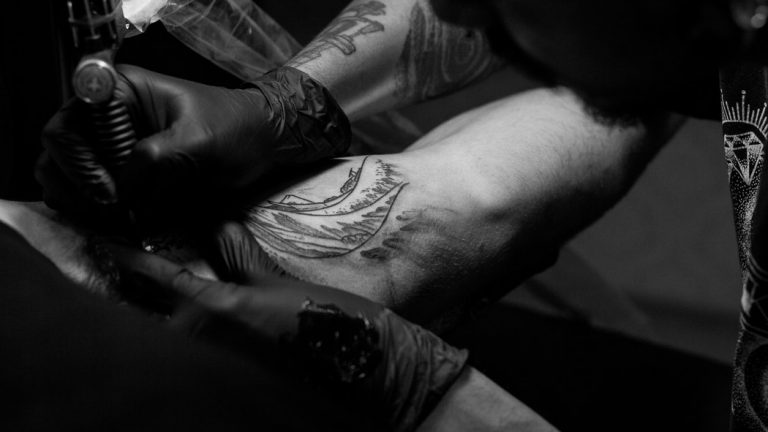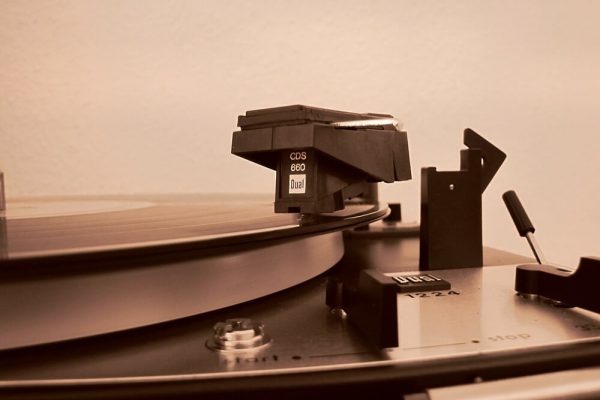Tattoos are a controversial form of body art that have been around for centuries. In recent years attitudes towards tattoos have changed and softened although prejudices still exist in certain parts of the world. The growth in the popularity of tattoos has led to a practice known as tattoo tourism where people will get a tattoo in each different country that they visit. But what exactly is the extent of this and what are the regulations surrounding tattoos in other countries?
Tattoos In Japan
In Japan tattoos are still very much a taboo and controversial subject. This comes from a number of different root reasons. One of which is one of the most prominent crime gangs known as the Yakuza often have numerous tattoos which represent their membership of the criminal fraternity. Another reason why tattoos aren’t always accepted in Japan is only a very small proportion of the population have tattoos. As a result people are often marginalised and society doesn’t fully accept tattoos. Some places such as religious shrines , public swimming pools and certain public places. Another important reason as to why tattoos have been banned in certain places in Japan is that they were once used as a form of punishment by the Japanese authorities to brand criminals.
Tattoos In Thailand
In Thailand Tattoos have a unique and important meaning to many across the country. Across Thailand you can encounter Buddhist monks who design tattoos known as sang mak. These are often symbols based on Buddhist spirituality and represent different values and strengths. These tattoos are believed to hold spiritual and symbolic powers that have effects on those who bear the tattoo. Over recent years large numbers of tourists from the west have made “pilgrimages” to Thailand to get these forms of tattoos. Typically they have to be applied by Buddhist monks. Overall in Thailand tattoos are steeped in religious symbolism and held in high regard. The countries attitude towards tattoos is far more liberal than that of Japan’s although having said this customs and values do still need to be respected in order to get a traditional Thai tattoo.

Changing Attitudes To Tattoos Worldwide
For many across the world tattoos may hold a significant meaning or be greatly treasured. Throughout history tattoos have always been surrounded by mystery and suspicion. Historically in the west sailors or criminals were the most likely out of society to get tattoos. This likely contributed to the social stigma surrounding tattoos which still affects some of us to this day. However attitudes towards tattoos globally are steadily changing and they are becoming more and more accepted into different environment and backgrounds. What sets the west apart from other cultures tattooing is western tattoos are typically more a form of expression or art whereas many tattoos in Asian and Polynesian countries have been practised for many years for religious or social purposes within ancient cultures. What can be concluded overall is that attitudes towards tattoos have changed fundamentally and increasing numbers of people are travelling further afar to explore other cultures and experience what they have to offer in the form of tattoos.







